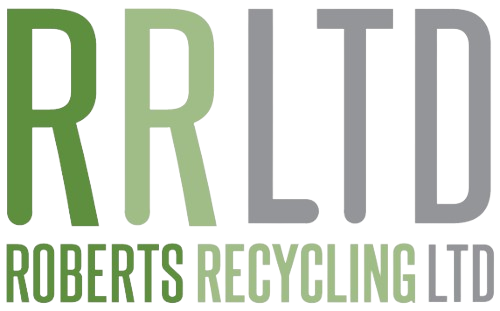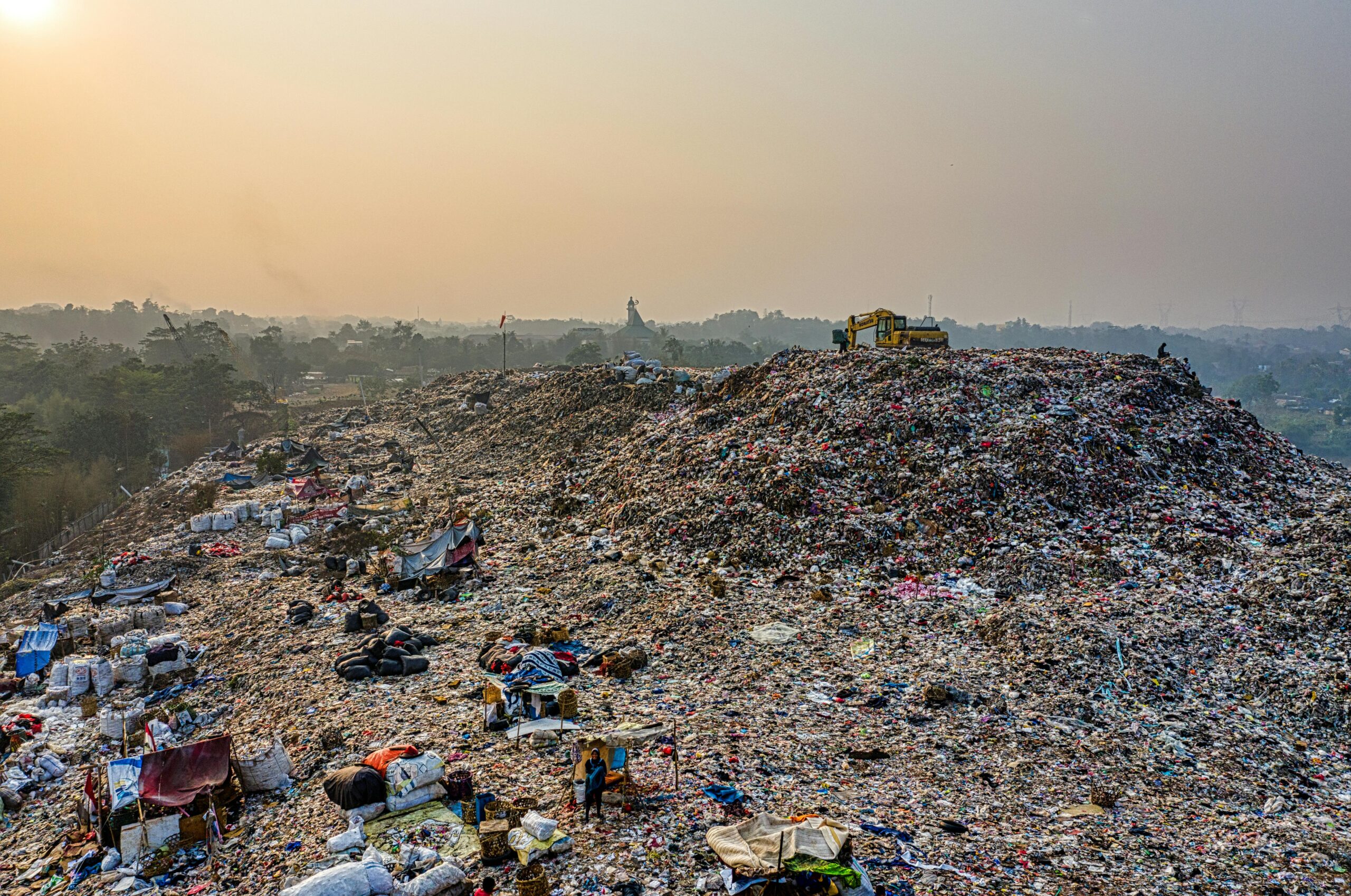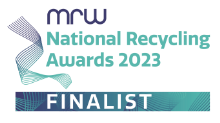In this blog post, we will delve into the significant environmental problems caused by landfills and why they are detrimental to our planet. Understanding these issues is crucial as we strive to adopt more sustainable waste management practices. Let’s explore the various ways landfills harm the environment and consider what we can do to mitigate their impact.
The Environmental Impact of Landfills
1. Greenhouse Gas Emissions
One of the most significant environmental concerns associated with landfills is the emission of greenhouse gases. When organic waste, such as food scraps and yard waste, decomposes in landfills, it produces methane—a potent greenhouse gas that is approximately 25 times more effective than carbon dioxide at trapping heat in the atmosphere. This contributes to global warming and climate change, exacerbating the environmental challenges we already face.
At Robert’s Recycling Ltd, we’re committed to reducing these emissions by keeping textiles in circulation and out of landfills.
2. Leachate Contamination
Landfills generate leachate, a toxic liquid formed when rainwater percolates through the waste. Leachate can contain harmful chemicals, heavy metals, and pathogens. If not properly managed, it can seep into the groundwater and contaminate drinking water sources, posing severe risks to human health and the environment. The long-term effects of leachate contamination can be devastating, making it imperative to seek alternatives to landfill disposal.
By diverting over 800 tonnes of clothing from landfill every month, Robert’s Recycling Ltd helps minimize the risk of leachate contamination.
3. Land Degradation
The creation and expansion of landfills require vast amounts of land, often leading to the destruction of natural habitats and ecosystems. This land degradation results in the loss of biodiversity and disrupts the balance of local ecosystems. Moreover, the presence of landfills can reduce the aesthetic and economic value of surrounding areas, making them less appealing for residential, commercial, and recreational use.
Robert’s Recycling Ltd contributes to preserving natural habitats by processing and repurposing over 2,000,000 pieces of clothing each month.
4. Air Pollution
In addition to methane, landfills emit other harmful gases such as volatile organic compounds (VOCs) and hazardous air pollutants. These emissions can cause respiratory problems, aggravate allergies, and contribute to the formation of smog. Communities located near landfills are particularly vulnerable to these health hazards, highlighting the urgent need for improved waste management solutions.
Our efforts at Robert’s Recycling Ltd save over 10,700 tonnes of CO2 equivalent each month through textile reuse, significantly reducing air pollution.
5. Resource Wastage
When materials that could be recycled or composted are sent to landfills, valuable resources are wasted. Items such as paper, plastics, metals, and organic waste can be repurposed into new products or used to generate energy. By diverting these materials from landfills, we can conserve natural resources, reduce energy consumption, and minimize our environmental footprint.
At Robert’s Recycling Ltd, we work with over 100 UK and EU brands to keep textiles out of landfills and in circulation, ensuring valuable resources are not wasted.
Moving Towards Sustainable Waste Management
At Robert’s Recycling Ltd, we believe that addressing the problems associated with landfills requires a collective effort to embrace sustainable waste management practices. Here are some steps we can take to mitigate the negative impact of landfills:
1. Reduce, Reuse, Recycle
The three Rs—reduce, reuse, and recycle—are fundamental principles for minimizing waste. By reducing our consumption, reusing items whenever possible, and recycling materials, we can significantly decrease the amount of waste that ends up in landfills.
2. Composting
Composting organic waste, such as food scraps and yard trimmings, is an effective way to divert waste from landfills. Composting not only reduces methane emissions but also produces nutrient-rich soil that can enhance gardening and agricultural activities.
3. Waste-to-Energy Technologies
Innovative waste-to-energy technologies can convert non-recyclable waste into energy, providing a sustainable alternative to landfill disposal. These technologies help reduce the volume of waste while generating electricity or heat, contributing to a circular economy.
4. Educating Communities
Raising awareness about the environmental impact of landfills and the importance of sustainable waste management is crucial. By educating communities and encouraging responsible waste disposal practices, we can foster a culture of environmental stewardship.
Conclusion
The problems with landfills are multifaceted and far-reaching, affecting our climate, health, and natural ecosystems. At Robert’s Recycling Ltd, we are dedicated to promoting sustainable waste management solutions that protect the environment and ensure a healthier future for generations to come. By working together to reduce waste, recycle materials, and adopt innovative technologies, we can mitigate the negative impact of landfills and create a more sustainable world.















